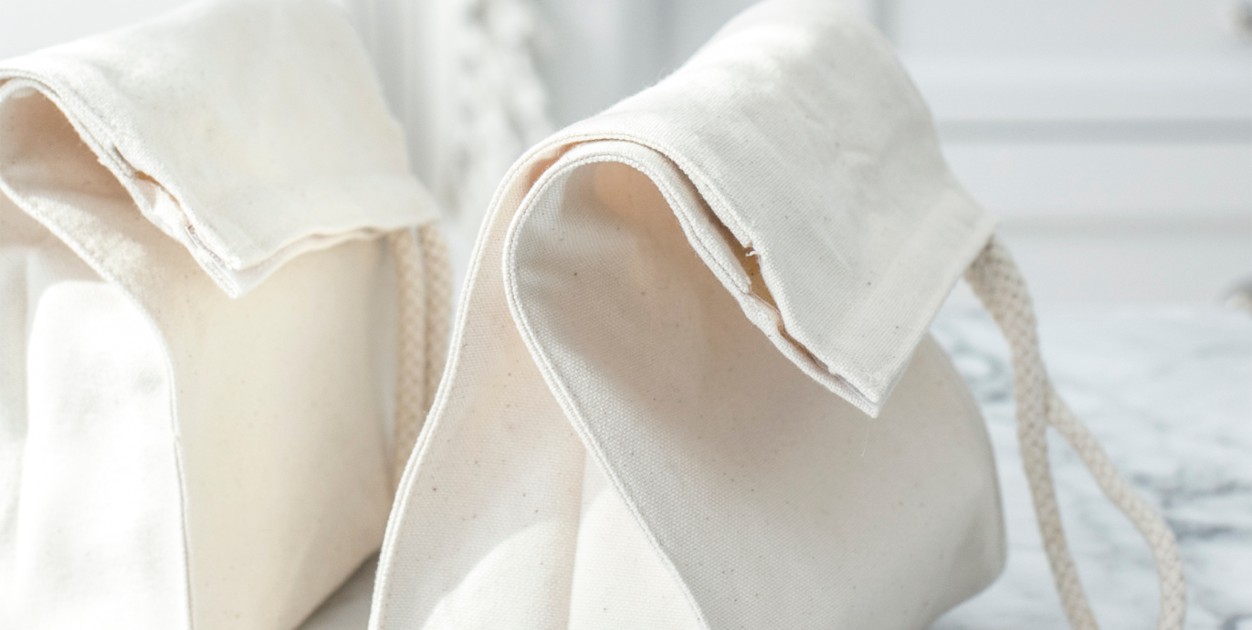Trash Bags

What’s one common item in your home that could be causing allergies and making you sick? In this episode, I’m sharing one simple change that will make a big difference in the air quality of your house.
Product Recommendations
EcoSmart Plastics biodegradable trash bags
Biodegradable trash bags via Target
Unscented trash bags via Whole Foods
Sources
http://www.thedoctorwillseeyounow.com
SUBSCRIBE
Subscribe on iTunes here.
Subscribe on Spotify here.
Subscribe on Google Podcasts here.
Transcript
My husband brought a banned substance into our house last week — and it wasn’t the fun kind. In his defense, it was an accident — he just didn’t look at the label close enough. But when I opened the box, and I took a whiff, I knew instantly… in today’s episode, we’re talking about can you guess? That’s right, scented trash bags.
In theory, it makes sense. Garbage is smelly, so scented trash bags will help cover the smell. Companies like Glad offer trash bags with odors like lavender or citrus or “fresh” scent. And maybe you don’t think anything of it — lavender on top of garbage still smells better than straight garbage, right?
But those scented trash bags could be giving you allergies and making you sick. If they don’t have a noticeable effect on your family’s health, you still don’t want them in your home.
In a study released from the University of Washington, scented products require the use of a cocktail of chemicals, classed as toxic under at least one federal law. The thing is, none of these chemicals are listed on the product label.
Whereas the FDA requires companies to list all ingredients, including chemicals and potential toxins, in our food — it’s not required in household products like, for example, trash bags.
And fragrances are a problem for our health.
Many synthetic chemicals in fragrances are derived from petrochemicals, which means they’re petroleum-based, and can be harmful to human health. Chemicals found in man-made fragrances include phthalates, which are endocrine disruptors, as well as a slew of known carcinogens.
And while I’m talking specifically about scented trash bags in this episode, artificial fragrances are also found in laundry detergents, soaps, air fresheners and just about anything else that is artificially scented.
So, every time you open the trash can or you open the door where your trash can is stored, you’re releasing VOCs (volatile organic compounds) into the air that are neurotoxic, carcinogenic and allergenic. Those toxins then enter the air supply in your house.
One of my favorite things I’ve read about fragrances is, “Clean doesn’t have a smell.” If you really think about it, what makes a smell like citrus or pine associated with cleanliness? And the answer is marketing.
So, what can we do? Unfortunately, “unscented” doesn’t always mean that there aren’t fragrance chemicals being used. What you want to look for is “fragrance-free” and remember that most chemical ingredients (besides ethanol) won’t be disclosed on any label.
The good news is that my hunch says you’re not overly committed to the trash bags you’re currently using. That’s not something we typically have strong opinions about : ) So, if you are using scented trash bags right now, you can make an easy switch that will have a big impact on the air quality in your home. The other bonus is that this one change can have a big impact on the health of your home without spending more money.
I’ll share a list of my favorite fragrance-free trash bags in the show notes at cleanlivingpodcast.com/trash And just a quick reminder, my source list is also available in the show notes for each episode.
Thanks so much for listening to this episode of The Clean Living Podcast — I’m your host Shannon Lohr. If you learned something today and can leave a positive review, it will not only make my day but it will help more people find out about the podcast. Here’s to creating a cleaner, more sustainable world for all of us.

